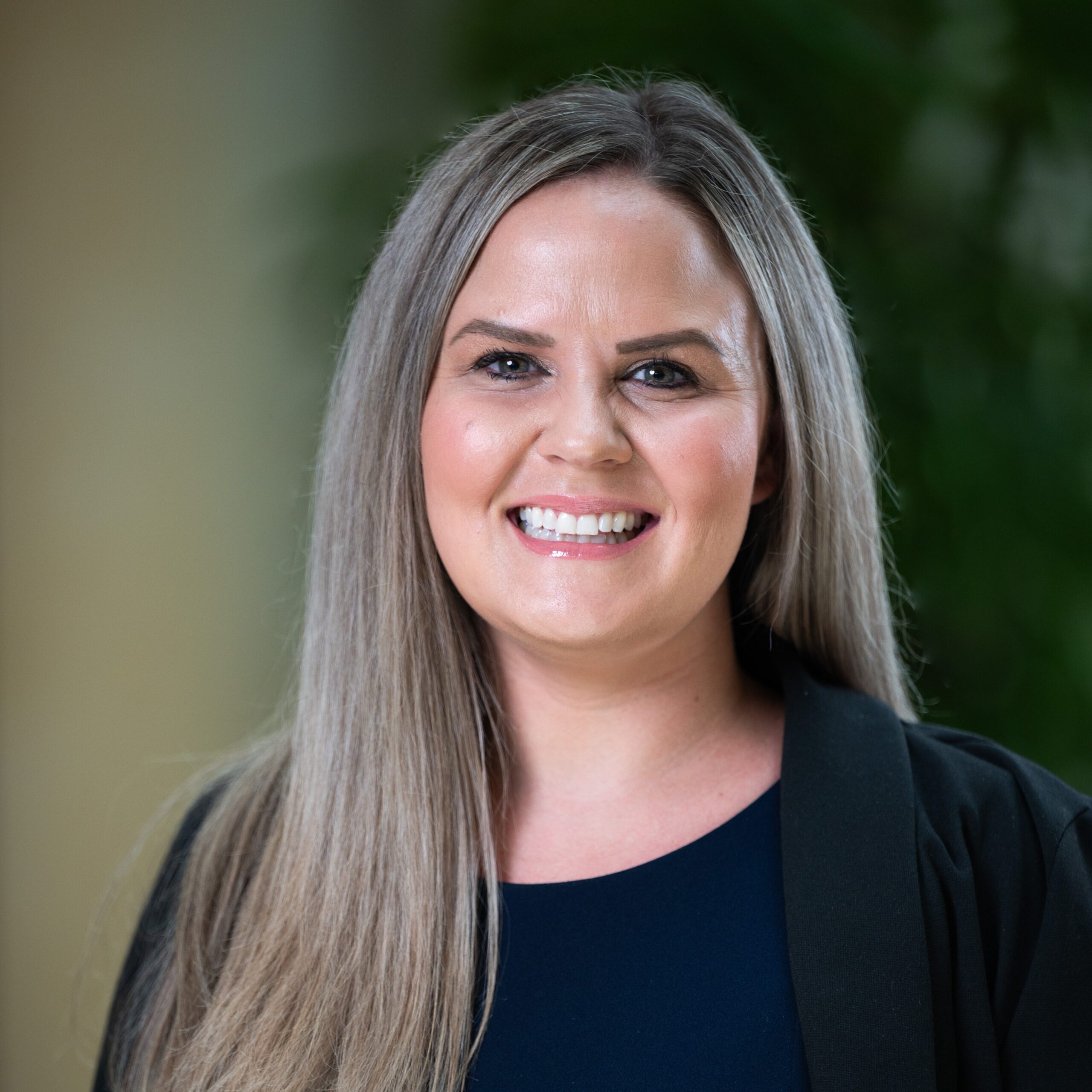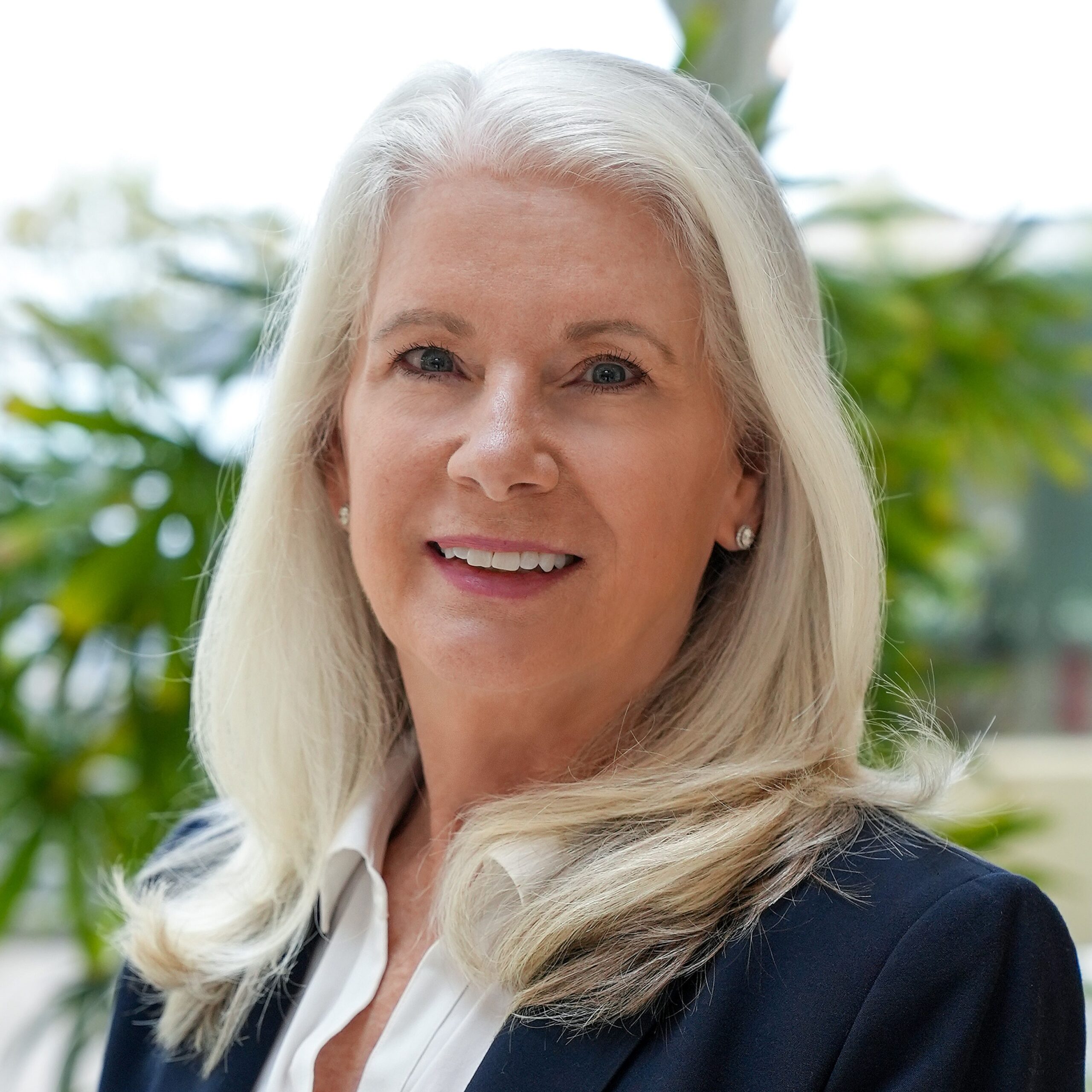How the primary care shortage impacts patient care.

The number of primary care physicians in the United States is failing to keep up with ever-growing demand. Studies indicate that there could be a shortage of 37,800-124,000 primary care and specialty care doctors by the year 2034.
How salary plays a role.
One factor deterring medical students from choosing to go into primary care is the fact that specialists earn, on average, $100,000 more than primary care doctors. With several hundred thousand dollars of debt piled up from medical school, salary often plays a key role when medical students choose to go into a higher paying specialty.
The long-term effect.
With this shortage of primary care physicians, some family medicine and internal medicine providers are no longer accepting new patients. This results in many patients ignoring their routine care. The American Academy of Family Physicians says studies have suggested that “as many as 127,617 deaths per year in the United States could be averted through an increase in the number of primary care physicians available.” Death rates for cancer, heart disease and stroke are all lower in areas where there are more primary care providers per person.
Sources: American Academy of Family Physicians, Association of American Medical Colleges, CBS News, SteadyMD.com.


